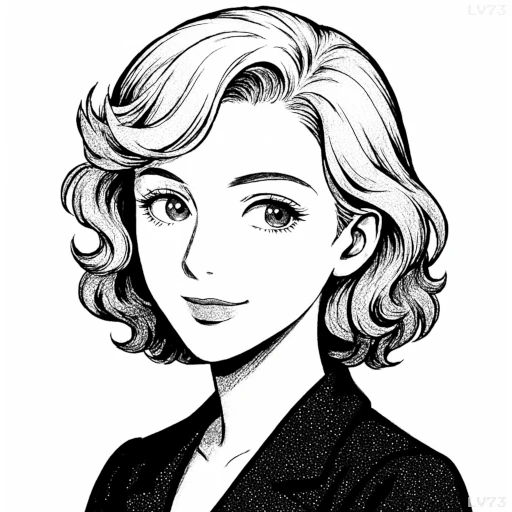“There is nothing more thrilling in this world, I think, than having a child that is yours, and yet is mysteriously a stranger.”

- September 15, 1890 – January 12, 1976
- British
- Author
table of contents
Quote
“There is nothing more thrilling in this world, I think, than having a child that is yours, and yet is mysteriously a stranger.”
Explanation
Agatha Christie, famous for her detective novels, often explored the complexity of human relationships and identities. This quote reflects her deep understanding of human nature and family dynamics. The phrase “a child that is yours, and yet is mysteriously a stranger” touches on the paradox of parenthood — even though parents give life to their children, they can sometimes feel a sense of distance or unfamiliarity as their child grows and develops their own personality. The use of “mysteriously” emphasizes the unpredictable nature of children, as they evolve in ways that are sometimes beyond their parents’ comprehension.
In modern times, this quote resonates with parents who experience a sense of alienation as their children reach adulthood or adolescence, especially in an era when technology, culture, and social pressures are rapidly changing. The relationship between a parent and child often shifts as the latter develops their own identity, which may feel foreign to the parents who once knew them as infants. This experience is a natural part of the parental journey, but one that can feel emotionally complex and challenging.
Christie’s exploration of human psychology in her writing often emphasized the contradictions and complexities of identity, making this quote particularly poignant. A good example is the way many characters in her works, particularly in novels like The Murder of Roger Ackroyd or And Then There Were None, embody hidden identities and secret lives. Similarly, in real life, parents may find themselves facing the reality that their child, as they grow, develops into someone distinct from their youthful self or even from what the parent expected.
Would you like to share your impressions or related stories about this quote in the comments section?




